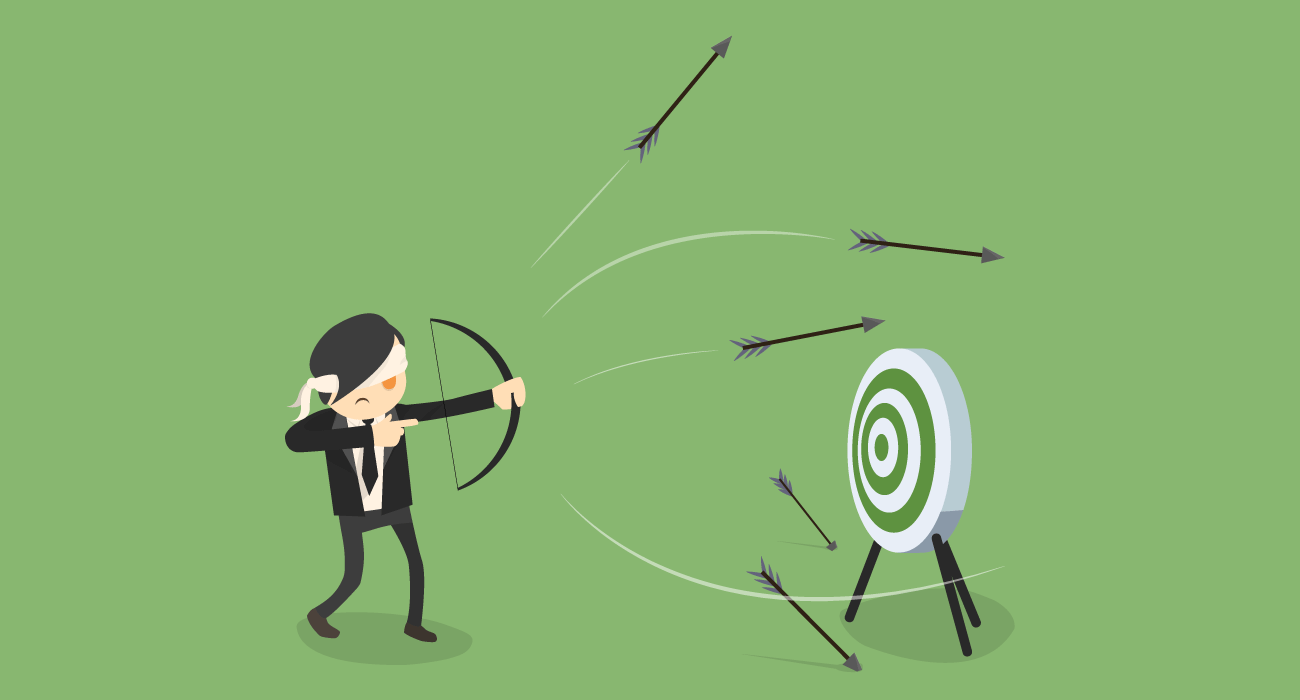COVID-19 workforce disruptions have already impacted the American economy in completely unprecedented ways. In the five weeks leading up to April 18, one in six workers filed for unemployment. Reopening has already taken place in many cities and states across the country. The prospect of another wave seems always to be on the horizon.
Further disruption is a possibility across the entire market. A few sectors have already seen their workforces upended in ways that will be felt for years to come. Studying these industries can give others insight into what kind of evolution is necessary to survive the COVID-19 crisis.
COVID-19 may have hit everyone, but it didn’t hit everyone equally. Here are some of the sectors that have already gotten the worst of the COVID-19 workforce disruptions:
Table of Contents
ToggleRestaurants
Initial lockdowns may have forced restaurants to shutter for a few weeks, but the effects of that policy are lasting long after restrictions were lifted. A recent survey done by Yelp found that 60% of restaurants that closed during lockdowns will never reopen — a stark reminder of the risk that operating in a tight-margin industry can incur.
For some places, the best solution seems to be one that allows restaurants to remain open while maintaining high levels of social distancing. New York City’s outdoor dining plan, for example, allowed bars and restaurants to claim some of the street space outside their storefronts for tables. The program itself has been such a success that Mayor Bill de Blasio has declared that outdoor dining policies will become an annual occurrence for the city — COVID-19w workforce disruptions or not.
Manufacturing
Of workplace-related COVID-19 complaints, around 20% have been in the manufacturing sector. Taking a worker who exhibits symptoms or tests positive off the floor is only the first step. Their employer then needs to get that person’s shifts covered before a gap in the production line affects productivity and customer delivery metrics.
Rather than simply reassigning shifts, the better answer is to give workers who want more hours the chance to claim them. App-based self-scheduling tools provide workers with flexibility — which, according to workforce management platform MyWorkChoice, 87% of hourly workers consider important — while also facilitating immediate workforce communication so workers know when a last-minute shift is available.
Employers can leverage the power of technology to deliver “just-in-time” production as well as communications to keep productivity rates high during COVID-19 workforce disruptions — when employees may need to call off at the last minute.
Hospitality
It’s no surprise that hotels got hit hard by COVID-19, but the extent of the damage is shocking: in the span of a single year, Hilton hotels went from a net income of $260 million to a net loss of $430 million. Other travel-related businesses like airlines have taken huge hits. Plane trips are even less a luxury than hotels. The hospitality industry needs to be able to convince customers that their safety is top priority.
If recent trends are any indicator, hotels may be against the ropes for quite a while longer. Taking their place are the likes of Airbnb, Vrbo, and other services that allow people to stay in private properties around the world. The relative privacy of these rooms and houses gives an added sense of isolation and cleanliness that most hotels simply won’t be able to offer.
Retail
Retail workers must be suffering from COVID-19-induced whiplash: while layoffs in the sector are extreme, some companies are hiring at a faster pace than ever. Walmart, for example, has onboarded 400,000 employees since the pandemic began. Best Buy has furloughed 51,000 people. Even for those retail workers who do have stable positions, the question of personal safety still remains.
The step many businesses have taken is adding COVID-19-focused personnel to the roster. All the way back in March, Texas supermarket chain H-E-B added an additional manager to each of its stores focused on COVID-19 response. If businesses want to keep employee retention levels high during times like these, they’ll likely need to do the same.
Healthcare
Healthcare workers are those most crucial to the fight against COVID-19. They are also the most at-risk of the disease. The world was already on a slow creep towards telehealth. But, the pandemic has ratcheted it into top gear. Doctors, nurses, and other medical professionals need to be able to care for their patients safely. And, ttelehealth is helping them do so.
Even so, this transition may not be as total as some might imagine. Ido Schoenberg, CEO of Amwell, one of the leading telehealth firms, recently explained that it makes more sense to see telehealth as a tool that healthcare professionals have at their disposal.Whatever the case, the reality of the pandemic has made telehealth a model that other industries might want to take note of.
The COVID-19 disruptions are far from over. Businesses facing new ones should look to those have already happened for guidance. These times are unprecedented. But, it’s never too soon to start learning from them.














